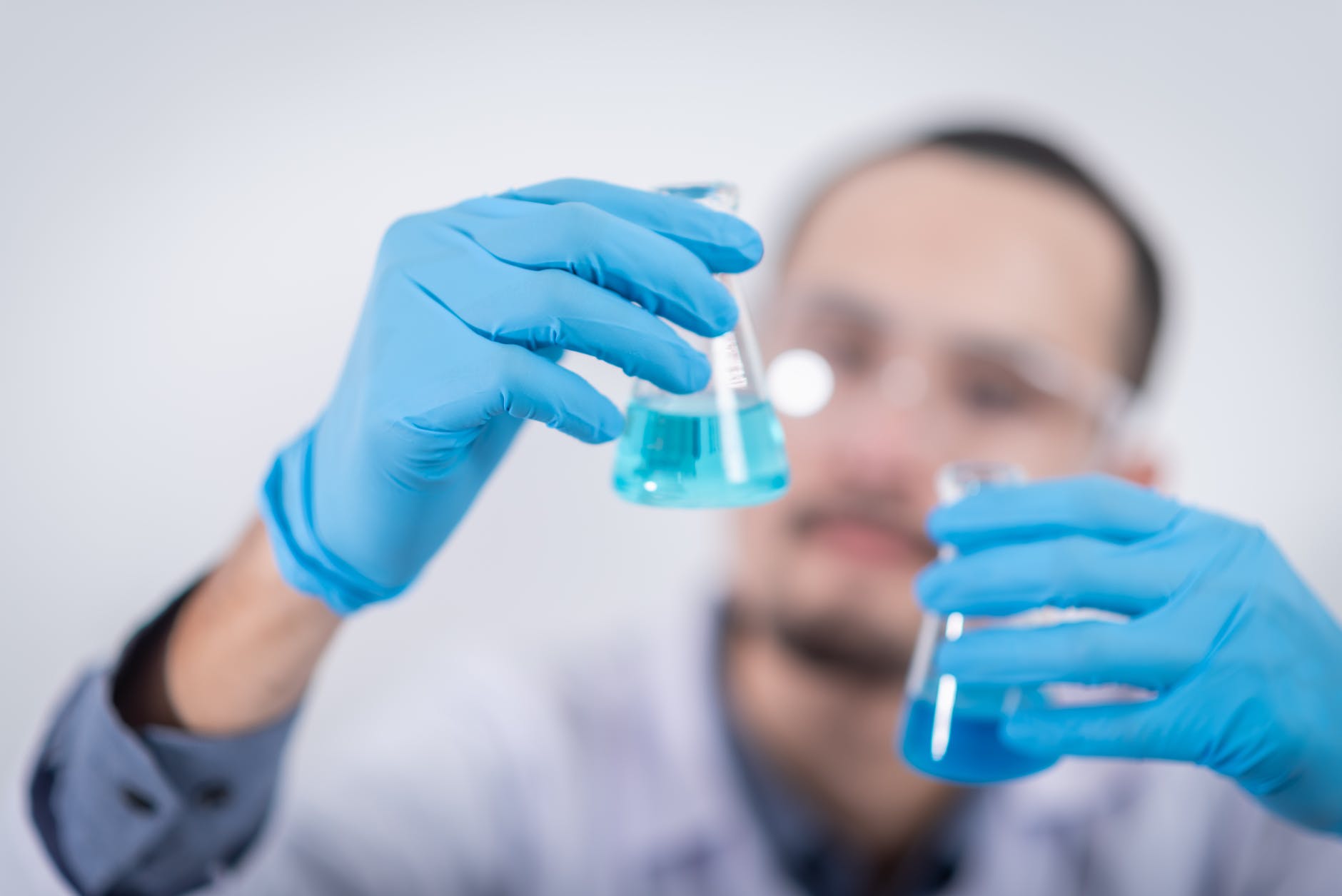
Potential vaccine for COVID 19 vaccine will begin trials in UK on Thursday. The government says it would need to rely on social distancing measures for now.
England's Chief Medical Officer Chris Whitty announced on Wednesday that scientists may not likely come up with a vaccine or treatment "anytime in the next calendar year." He describes the probability as "incredibly small."
"I think we should be realistic about that, we're going to have to rely on other social measures," Whitty said.
Scientists at Oxford University's Jenner Institute developed a human vaccine trial and will begin Thursday, the university confirmed to CNN.
Sarah Gilbert, professor of vaccinology at Oxford University, told The Times of London she was "80% confident" that the vaccine would work. She and her team expect about a million doses could be ready by September.
The Oxford vaccine candidate is called ChAdOx1 nCoV-19. It is made from a harmless chimpanzee virus.
"Vaccines made from the ChAdOx1 virus have been given to more than 320 people to date and have been shown to be safe and well tolerated, although they can cause temporary side effects, such as a temperature, headache or sore arm," according to the University of Oxford.
The UK remained in a so-called lockdown. There have been restrictions with leaving the house except for essential reasons and daily exercise since March 23.
Massive testing
The government announced that the UK will test 100,000 people for COVID-19 per day by the end of April. However, government data disclosed that only 13,522 people had been tested in a 24-hour period.
First Secretary of State Dominic Raab, who is deputizing for Prime Minister Boris Johnson as he recovers from coronavirus, said that the the UK's capacity for tests is now at "40,000 a day."
Raab added that he hopes to see "an exponential increase" in the next week. He also noted that the government is making "good progress" and will reach its target.
Meanwhile, the UK hopes to gather up to 300,000 people for a major long-term study to monitor the spread of coronavirus in the population. This way, they can understand the levels of immunity.
Authorities expect that the study will be able to determine how many people are infected and how many have developed antibodies as well as immunity to the virus.
A government statement says participants will form "a representative sample of the entire UK population by age and geography" with initial findings expected in early May.
Participants will administer nose and throat swabs and answer questions during a home visit by a health worker.
Adults from around 1,000 households will also give a blood sample administered by a trained health worker. These tests will trace the part of the population that has developed antibodies to COVID-19.
"This survey will help to track the current extent of transmission and infection in the UK, while also answering crucial questions about immunity as we continue to build up our understanding of this new virus," UK Health Secretary Matt Hancock said in a statement.
"Together, these results will help us better understand the spread of the virus to date, predict the future trajectory and inform future action we take, including crucially the development of ground-breaking new tests and treatments," Hancock added.






